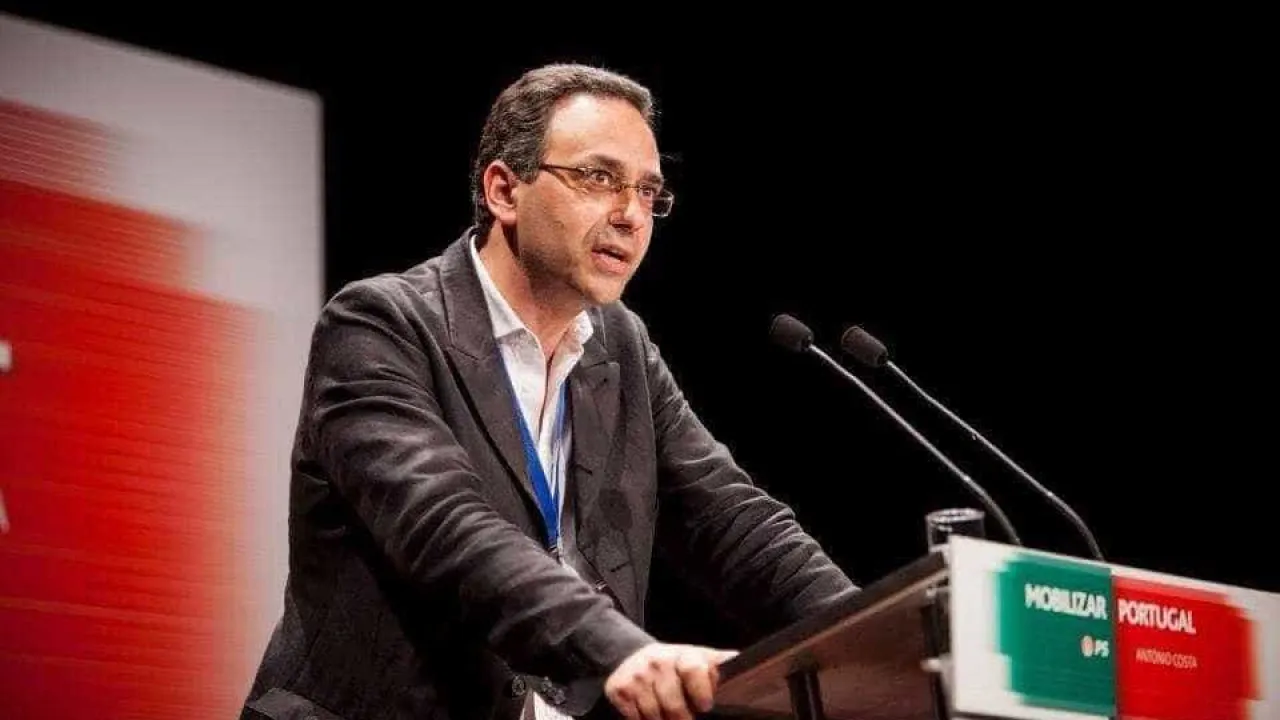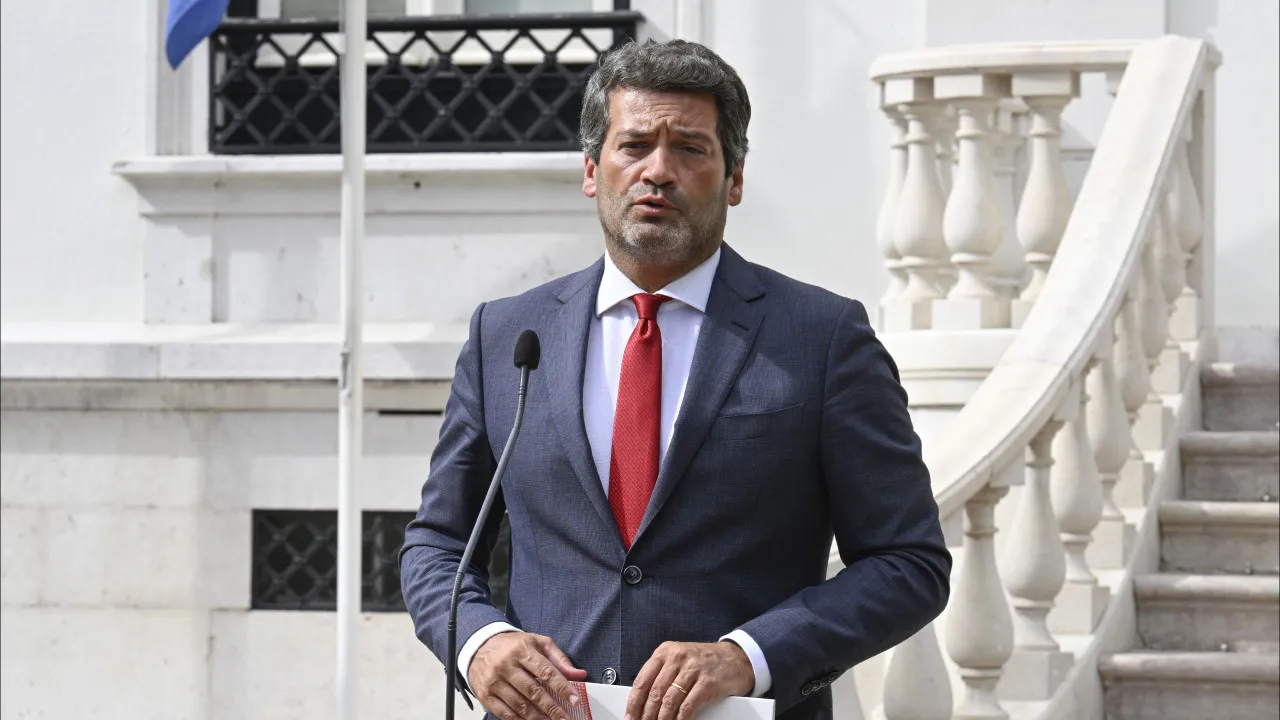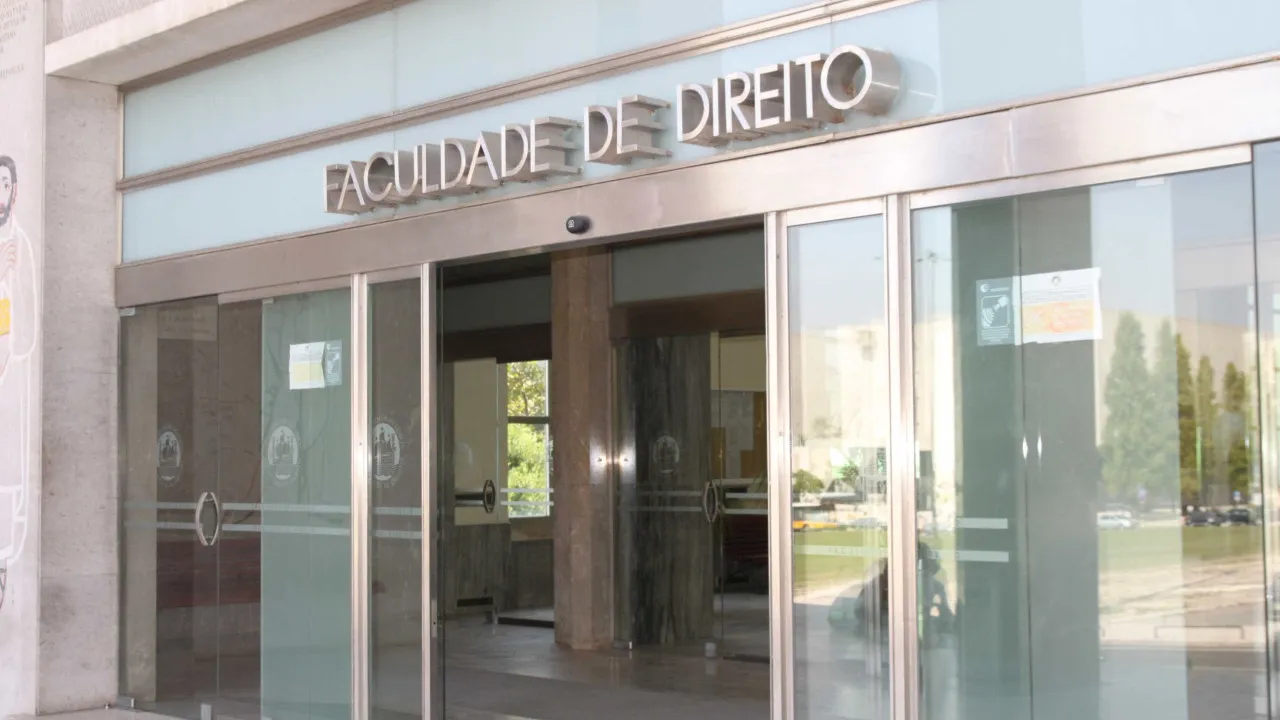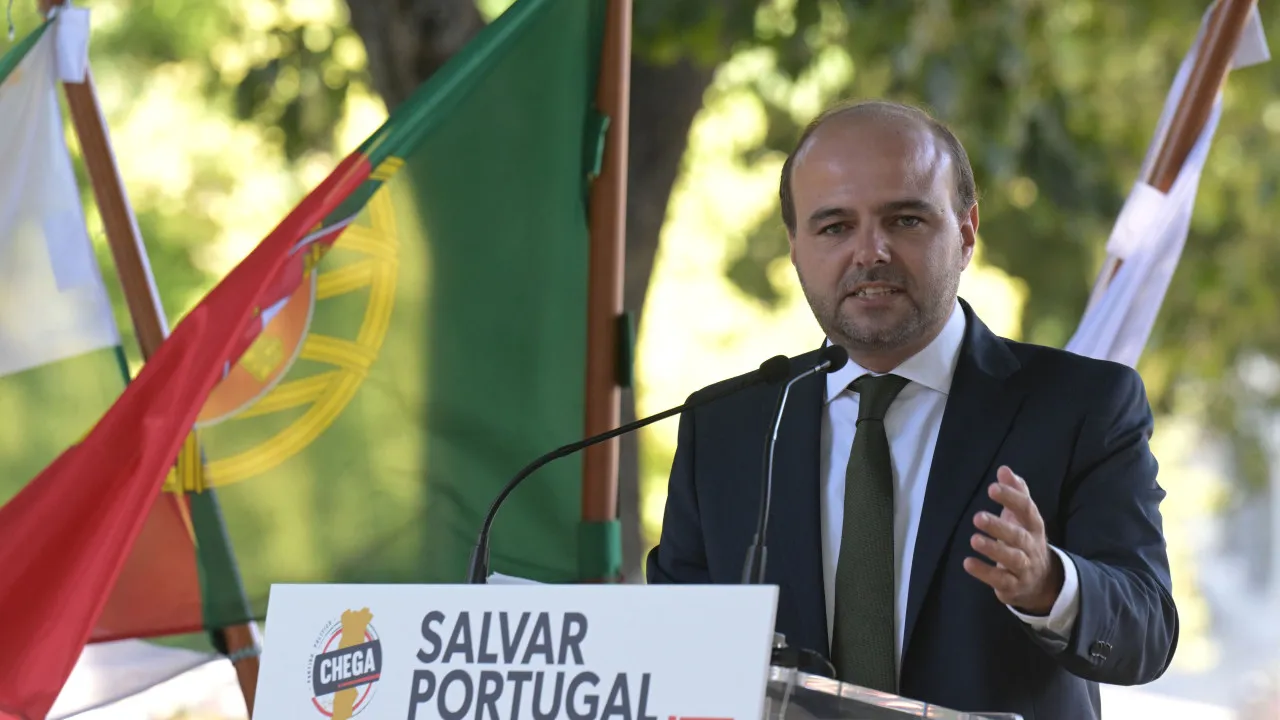
“There are some updates, but it’s not very different. The project we presented last year was rejected by the right on the grounds that the government was already addressing it. Now, almost a year has passed, apart from the legislative shift, and nothing has happened,” explained the socialist deputy.
The PS parliamentary group is once again submitting a bill for a “comprehensive review of cultural patronage,” a day after the current Minister of Culture, Margarida Balseiro Lopes, met with about two dozen private patrons and announced that she would present a proposal on the matter by the end of the year.
“If the government wants to participate in this discussion this time, instead of just voting against without presenting anything, we will all be here to try to align the proposals. But we cannot wait forever for those who say they are coming and do not show up,” said socialist deputy Porfírio Silva.
In March 2024, the former Minister of Culture under the socialist government, Pedro Adão e Silva, stated he had completed laws on cultural patronage, hoping they would continue after the legislative elections that led to the victory of the PSD/CDS-PP executive, led by Luís Montenegro.
By July 2024, with the new parliamentary composition, the PS introduced two bills related to the status of cultural patronage and the establishment of a fund for acquisitions for national museums and palaces, eventually withdrawing the latter as the government approved a decree-law on the same subject.
The PS bill for the revision of cultural patronage was ultimately rejected in parliament in September 2024, with votes against from PSD, CDS, Chega, and PCP, abstentions from BE, and approval from other parties.
At that time, in September 2024, the then Minister of Culture, Dalila Rodrigues, had promised that the government would “very soon” approve a new patronage law, but nothing was presented.
With new legislative elections this year, Luís Montenegro’s Government prioritized the revision of Cultural Patronage in its program, and the new Minister of Culture, Margarida Balseiro Lopes, stated in a press release on Tuesday her intention to make it “simpler and more agile.”
In the new bill accessed by Lusa, the PS proposes a “diversification of admissible patronage types, especially emphasizing collaborative financing [crowdfunding], enhanced tax incentives, and greater leniency regarding some forms of low economic value returns that do not compromise the patron’s benevolent spirit.”
The PS also suggests a “temporary tax incentive for acquiring original works from living artists” and introduces the concept of “match funding,” an automated and complementary form of public or private financing through which a public entity or foundation commits to funding, via a non-repayable grant or donation, an activity or project listed on a collaborative financing platform.”




